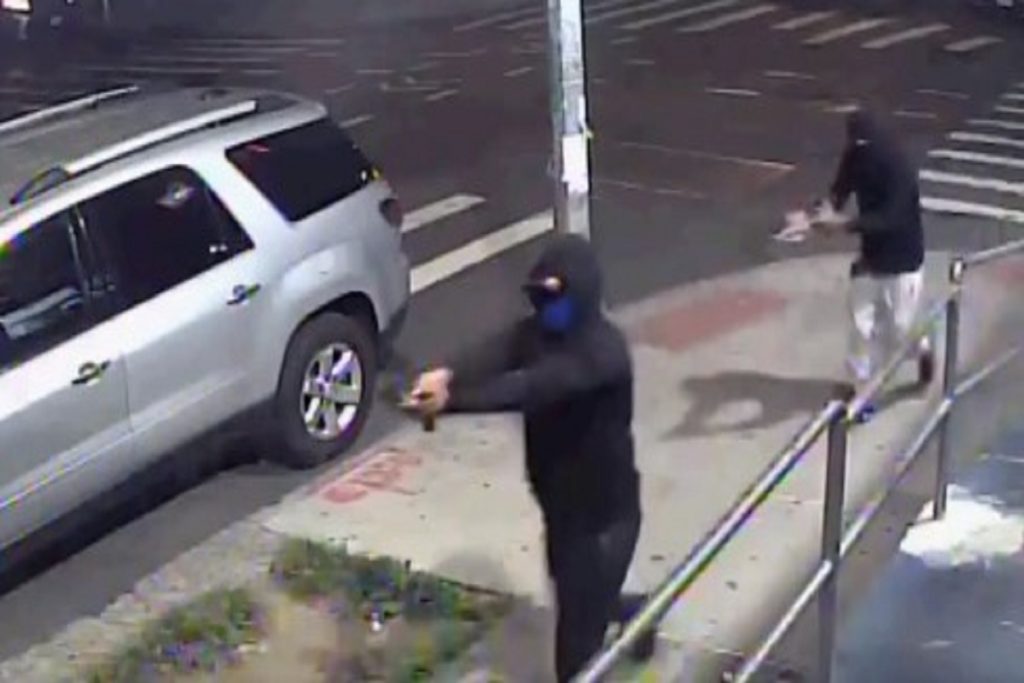MINNEAPOLIS, Minn. — Shortly before jurors began deliberating in her manslaughter trial; a prosecutor told jurors that the suburban Minneapolis police officer who claims she shot and killed Black motorist Daunte Wright with her Taser instead of her gun made a “blunder of epic proportions” and did not have “a license to kill.”
During closing arguments, Kim Potter’s attorney, Earl Gray, argued that the former Brooklyn Center cop made an honest mistake by grabbing her handgun instead of her Taser and that killing Wright wasn’t a crime.
“Nobody is flawless in any field of life. Everyone makes blunders, “Gray remarked. “A mistake, by the way, is not a crime. It just does not exist in our libertarian nation.”
Shortly before 1 p.m., the predominantly white jury began deliberating. In the April 11 incident, Potter, 49, is charged with first- and second-degree manslaughter after Wright was stopped over for expired license plate tags and an air freshener hanging from his rearview mirror.
During her closing argument, prosecutor Erin Eldridge stated that Wright’s death was tragic “It’s completely avoidable. It was completely preventable.” She said that stating it was a mistake isn’t a defense, noting that the phrases “accident” and “error” don’t occur in jury instructions.
“Accidents that occur as a consequence of reckless or willful carelessness can still constitute crimes,” Eldridge added.
Eldridge stated, “She drew a lethal weapon.” “She directed it towards the target. She aimed the weapon at Daunte Wright’s chest and shot.”
Wright “created the whole event,” according to Gray, since he tried to run from police during a traffic stop. Because the traffic encounter was “chaos,” Potter grabbed her revolver instead of her Taser, he claimed.
“Unfortunately, Daunte Wright caused his own death,” he stated.
Potter said Friday that she “didn’t want to injure anybody” and that after seeing a fellow officer’s concern, she yelled a caution before deploying her Taser on Wright. She stated she was “sad it occurred” and says she doesn’t recall what she said or what transpired after the shooting since most of her recollection of those moments “is absent” on the witness stand.
The case, according to Eldridge, was not about whether Potter was sorry.
“Of course, she regrets what she’s done… That, however, has no place in your considerations, “she stated
Eldridge sought to discredit Potter’s testimony by playing back the body camera film frame by frame, alleging that she fired after witnessing dread on the face of another officer, then Sgt. Mychal Johnson, who was attempting to arrest Wright.
The defense claims Johnson was in danger of being dragged and that Potter was justified in employing lethal force. However, Eldridge pointed out to jurors that for much of the conversation, Potter was behind a third officer whom she was teaching, and Johnson didn’t enter into her camera’s view until after the shot was fired. As he backed away, it revealed the top of his head.
On Monday afternoon, jurors wrote to the court, requesting the date on which Potter talked with Laurence Miller, a psychologist who testified for the defense. “You should depend on your collective memory,” the judge told the jury after all of the evidence had been presented.
When Potter testified, she agreed with Eldridge that she had drawn her Taser because Johnson seemed to be terrified. Eldridge, on the other hand, brought up a discrepancy, claiming that when Potter talked with Miller, she said she didn’t know why she pulled her Taser. Potter testified to the jury that she had no recollection of saying anything.
When Miller interviewed Potter through Zoom, it wasn’t apparent what she was saying.
Eldridge also said in her closing statement that when Potter discharged her pistol, she put other persons in danger, pointing out that the third officer was so near to the shooting that a cartridge case rebounded off his face.
“Safe handling of a firearm, members of the jury, does not mean discharging it at a car with four persons directly in danger,” she added.
Gray began his closing statement by criticizing Eldridge’s summary, pointing out that she had presented a slowed-down version of events that Potter witnessed in real-time.
“That’s the rabbit hole of deception,” Gray explained, “showing the movie, not at the appropriate speed where it showed mayhem, but as slow as possible.”
Follow us on Twitter
Also, Read On COVID and Crime Democrats Assess Risk Very Differently





